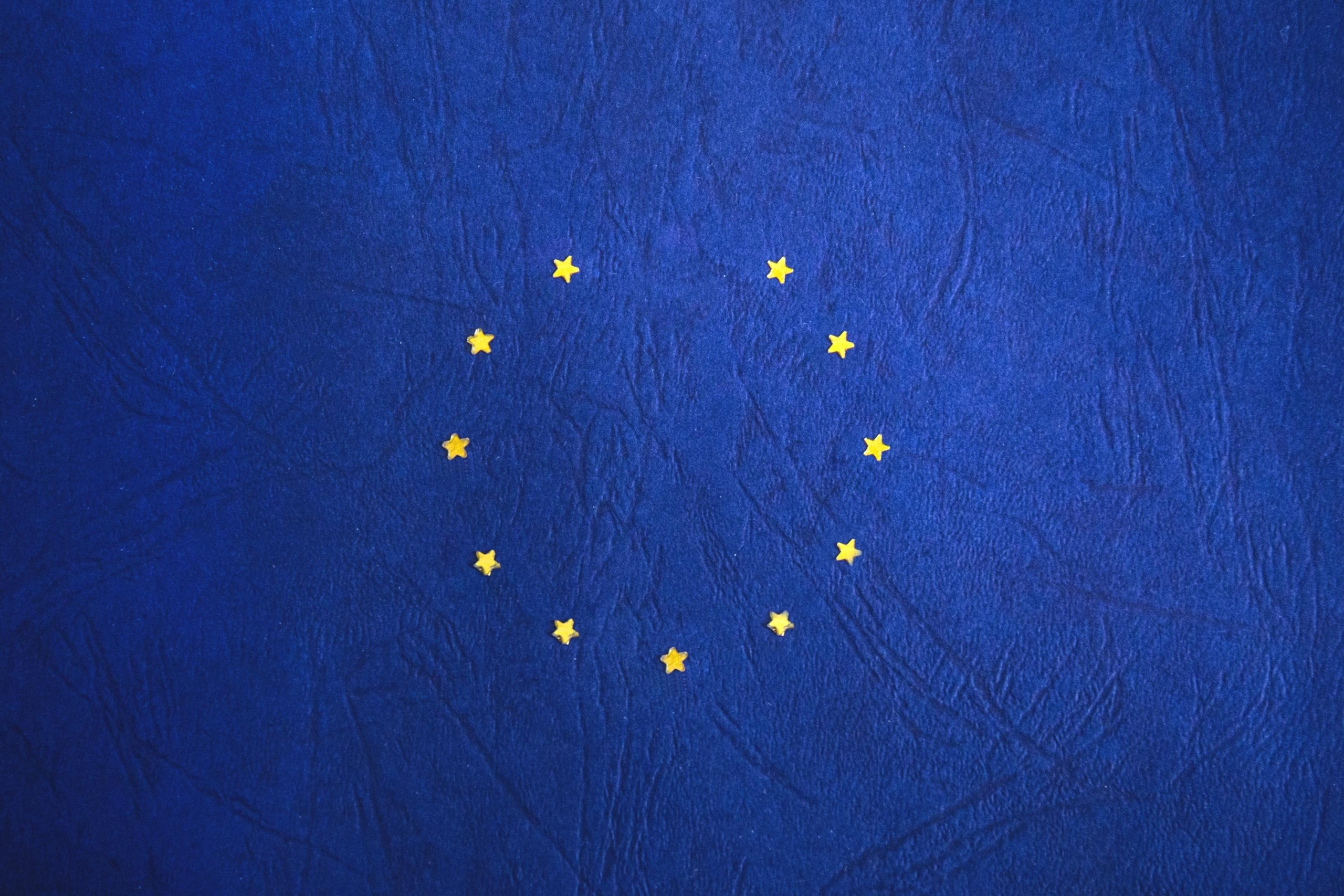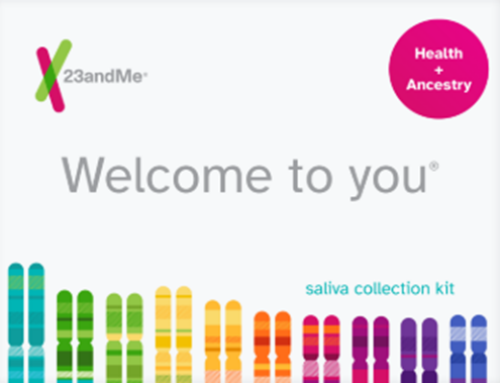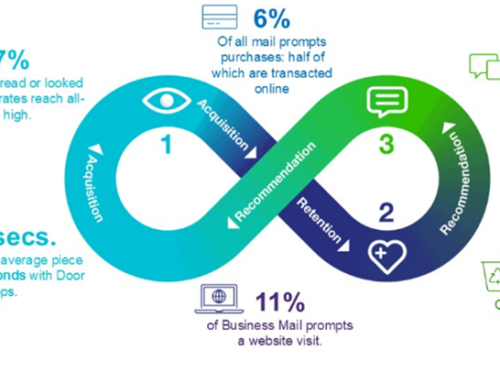The European Parliament has passed the AI Act, the first major AI regulatory framework to become law. It is being seen by experts as potentially setting an international benchmark akin to the impact of GDPR on data privacy standards back in 2018.
The framework aims to ensure transparent development and utilisation of AI within the EU, establishing guidelines for AI systems deemed high-risk.
In response to concerns from the tech industry about potential restrictions on innovations like ChatGPT, the legislation adopts a risk-based, tiered regulatory strategy rather than a broad, one-size-fits-all approach. It also specifies varying compliance timelines based on the perceived risk level of AI applications.
The legislation categorises AI according to its risk level, delineating prohibited uses, essential requirements for high-risk AI use, and the penalties for non-compliance. The overarching goal is to harmonise innovation with the protection of fundamental rights.
The European Parliament’s announcement provided examples of high-risk AI applications, including those in critical infrastructure, educational and vocational training, employment, and essential services such as healthcare and banking. It also covered AI in law enforcement, migration, and democratic processes, like election integrity. The Act also mandates disclosure when AI is used to generate or modify content, such as text, images, or videos, to prevent deception through AI-generated materials.
The regulation is expected to come into force of May this year, with full implementation in 2026. Although not directly applicable to the UK, British companies operating within the EU will need to align with these regulations.
As per our previous articles, central to AI and machine learning’s progression is the imperative of clean data. It underpins accurate predictions, insightful analytics, and innovation. AI’s reliability hinges on data integrity, where poor data quality can lead to erroneous conclusions, bias, and adverse effects. The AI Act’s push for ethical AI indirectly underscores data hygiene’s significance, especially in light of GDPR. GDPR has already established clear benchmarks for data cleanliness, emphasising its importance. This precedence accentuates the need for rigorous data management to ensure quality and reliability, fostering trust, compliance, and the realisation of AI and machine learning’s full capabilities.
To find out more about our data hygiene solutions get in touch





